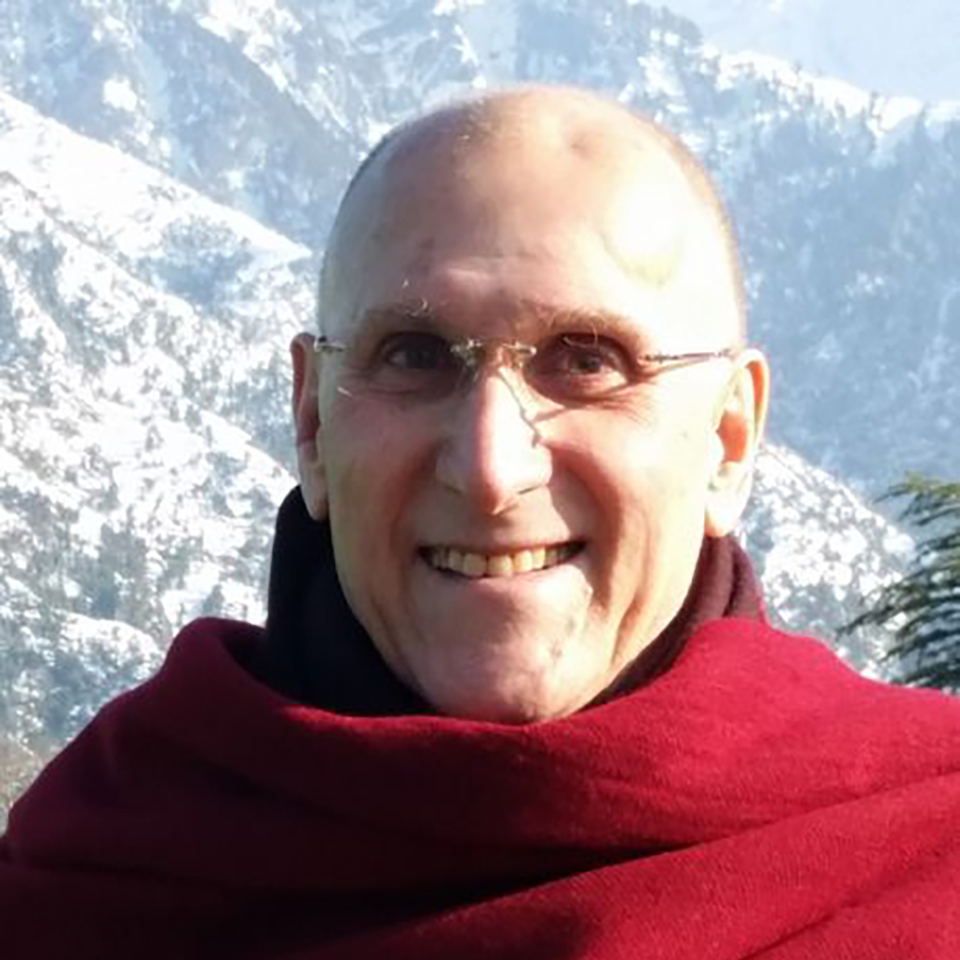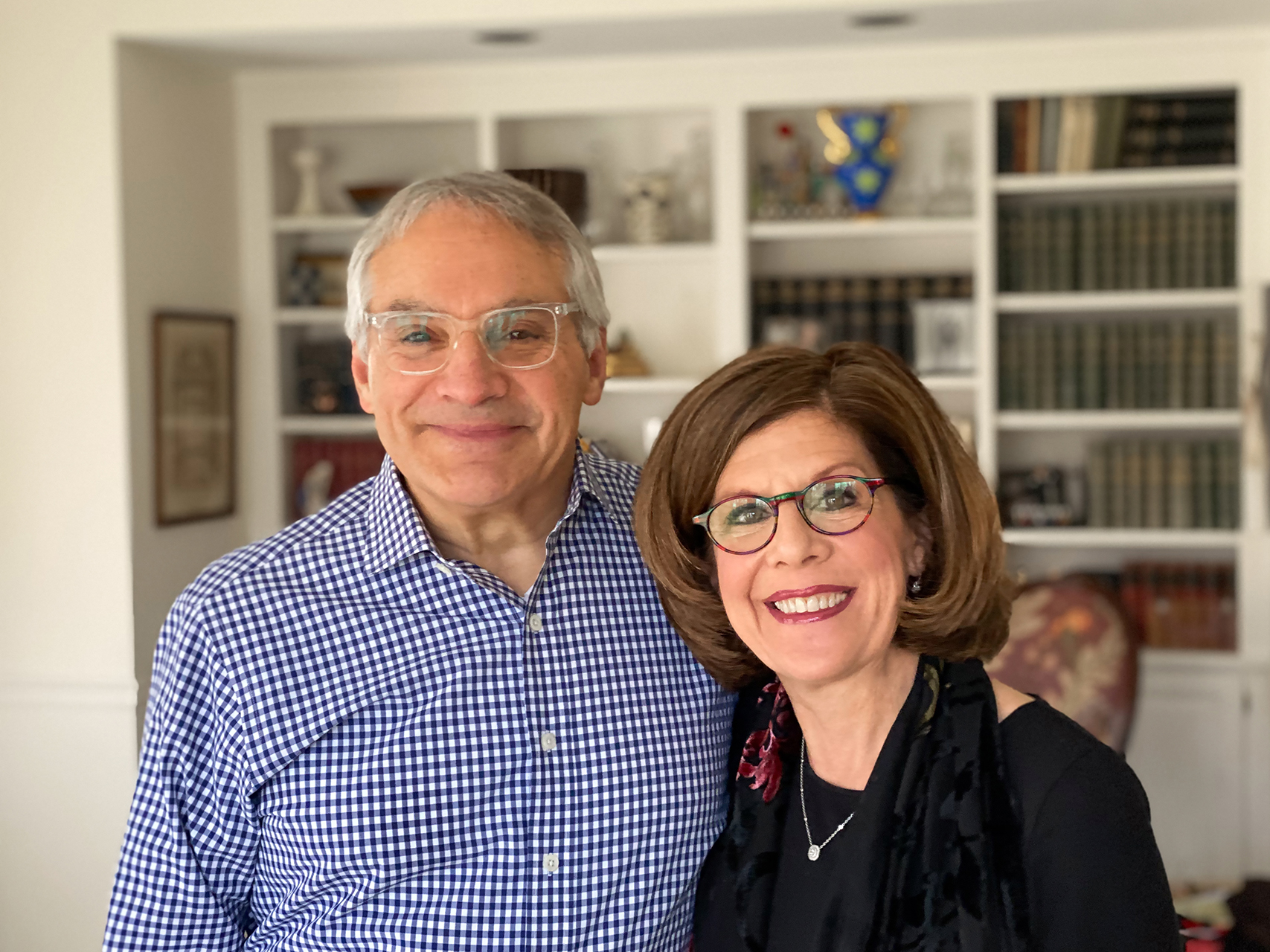Throughout his long career in Kansas City, Alan Edelman’s name became synonymous with Jewish, interfaith, and multi-cultural causes.
So how is it that Edelman (along with his wife Debbie Sosland-Edelman) came to serve as an honorary chair for an event through the Kansas City-based Center for Practical Bioethics (CPB)?
It’s not that much of a stretch, explained Edelman, who is a member of the CPB board.
“My father was a physician and I’ve always had an interest in medicine,” he said. “Bioethics is certainly a very important issue related to the Jewish community, and over the years I’ve taught a good deal of classes and made presentations on what Judaism has to say about a variety of medical ethics issues, from a woman’s right to choose to end of life considerations, so Judaism has much to say about it.”
Bioethics is the application of ethics to the fields of medicine and healthcare.
Edelman has a master’s degree in Jewish education from the Jewish Theological Seminary. He has served in a number of professional capacities, including congregational educator, regional director for the Conservative Movement and executive director of the Central Agency for Jewish Education. He was associate executive director of the Jewish Federation of Greater Kansas City from 1994 until 2017.
After his retirement, he told his friend Trudy Galblum to let him know if he could be of help to the CPB because he was already attending meetings. Galblum is the communications director for the organization.
Next thing he knew, he was having breakfast with the board chair and the CEO, and they asked him to join the board. He wasn’t sure he fit in on a board composed mostly of medical professionals and attorneys, but they told him they really needed someone with programming and fundraising experience. I said, ‘OK, I can do that.’
Combined, he and his wife serve or have served on more than 35 local, regional, national and international boards and committees.
CPB Broadcast Event
The CPB’s Humility, Health & Healing private broadcast event on Feb. 25, chaired by Edelman and his wife, will address Kansas City’s response to COVID-19 and where we go from here.
A virtual reception starts at 6:30 p.m.; the program starts at 7 p.m. To register, go to practicalbioethics.org/events-education/annual-event and complete the form.
Proceeds from the fundraiser will support patients and families facing serious illness, advocacy for racial and vaccine equity, and bioethics education for health professionals, students and provider ethics committees.
Two highly regarded physicians headline this annual fundraiser. The keynote speaker is Dr. Barry Kerzin, personal physician to the Dalai Lama. He is also the founder of the Altruism in Medicine Institute, which deals with increasing compassion and resilience among healthcare professionals and their patients.
Edelman said Kerzin will not only talk about COVID-19 but will address issues of racism and equity in healthcare.

Medicine Institute. (Center for Practical Bioethics)
“He’s the perfect person for this, being an event that’s going to focus on COVID, and their work at the center relates to both patients and their families and healthcare workers, just supporting them as they have to make these ethical decisions, as well as helping to create policy and guidelines for institutions. He’s well suited for our theme — Humility, Health and Healing,” Edelman said.
Dr. Steven Stites, with the University of Kansas Health System, will be presented with the Vision to Action Award, the highest recognition awarded by the CPB. Edelman said Stites, who has been giving daily briefings since the pandemic began, is “our local Dr. Fauci.”
“KU has tracked the cases, the deaths – they’ve really taken the lead on getting information out to the public,” he said. “Dr. Stites only agreed to accept the Vision to Action Award on the condition that we would say he is sharing this with all the other healthcare workers in the community. He’s a very humble guy, a wonderful guy, so he’s the appropriate person to honor as we recognize all the healthcare workers.”
What’s Next for COVID-19?
Edelman said Kansas City’s response to the pandemic has been no different than any other community.
“Until recently, it’s been chaos and misinformation and people going it on their own, and now ... things are getting more organized and everybody’s catching up,” he said.
He emphasized the need to continue safe practices as medical professionals rush to administer vaccinations.
CPB is worried that low-income populations, which struggle with internet access, are being left behind because of online-based signups for the vaccination. In addition, Edelman noted, poor residents often lack access to quality, affordable healthcare.
“The irony is that some of them are essential workers, working in grocery stores and plants,” said Edelman. “We should be vaccinating wherever essential workers are working because they can’t sign up to get their vaccine at a hospital or a community center or wherever.”
He said Kansas City’s limited mass transportation system makes it imperative for vaccines to be taken to anybody who is unable to drive to vaccination sites.
Then there are those who refuse to be vaccinated.
“We know our country is rather divided on lots of different things and this is just one more,” Edelman said.



